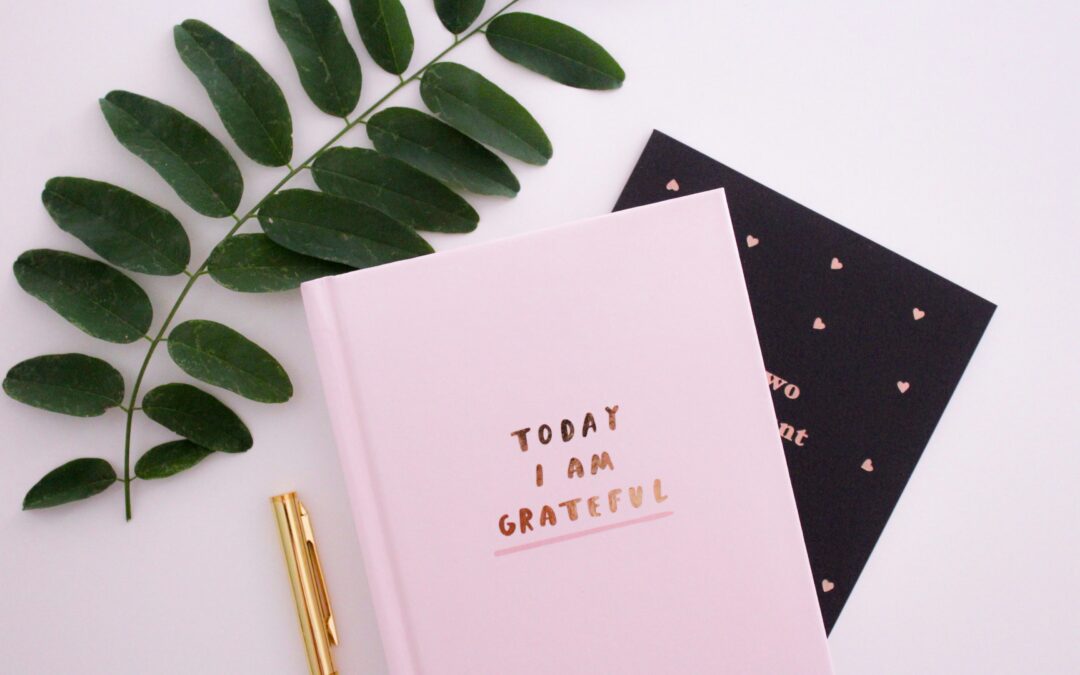Last Thanksgiving, my mother nudged me and said it was my turn to share the three things I felt most grateful for. I sat there in front of a turkey, cornbread stuffing and cranberry sauce, but all that came to mind were rather unimportant things.
Then I thought of my mom and my stepdad, as well as the life I have and the life I’ve lived. I was grateful for a lot of things. However, to be put on the spot and whittle it all down to three felt like an impossible task. Thanksgiving asks everyone to give thanks. It also digs deeper, questioning, “What are you grateful for?”
The meaning of gratitude is often misconstrued. It’s associated with journaling in neat little notebooks. It’s seen as trite, fake, silly and pointless.
Once, I was gifted a “Journal of Gratitude” book, where you fill in the blanks every day, naming three things you are grateful for. I tried to make it a habit every morning I woke up. For some reason, I couldn’t keep it up. I sat there with a pen in my hand, staring out my window. I scribbled on the lines: “The sunrise,” “a good cup of coffee,” and “my family.” The next day I wrote: “My best friend,” “the fall season,” and “a full night of sleep.” Those are all things I’m genuinely grateful for. But I agree there is something that feels off or forced when trying to name it all in a little notebook. I’ve seen cynics grumble about this on the internet, more out of disillusion rather than hatred. I don’t blame them.
In a society where division sits heavily on our minds, it’s easy for many of us to feel frustrated or even hopeless. With that mindset, trying to build a life of gratitude can feel more like a chore.
Life happens, as we all know. A car cuts us off on the highway, nearly hitting us. We wake up late for work and miss the bus. We drop a bowl of cereal all over the counter, and of course, the milk soaks a stack of important documents.
We can’t feel grateful one hundred percent of the time. But what if we adjusted how we look at life and our idea of gratitude? In my eyes, turning an attitude of gratitude into a mindset for life makes these kinds of hard times feel a little less hard. That car could have hit us, but we’re okay. We still made it to work. The documents can dry, and the counter can be cleaned.
Once, when I was in high school, I came home with my parents after going on errands, only to find the door slightly ajar. We pushed it open, then my mom screamed as my stepdad rushed to get the police on the phone. Our home had been broken into, and our privacy invaded. Laptops were stolen. Wires were dangling on the wall where the TV once hung. Someone had grabbed my makeup bag, leaving a trail of lipstick bottles on the carpet.
We felt so unsafe that we stayed in a hotel. Yet I had to go to school the next day as normal. It took 14 days for us to find a new place. We replaced our laptops, the TV, and the makeup. We spent many nights thinking about how lucky we were that the thieves didn’t try to harm us or come in while we were sleeping.
Experiences like that taught me we can train our minds to find slivers of light in the shadows. This mindset doesn’t require us to discount just how hard those times are. In fact, it acknowledges the difficulties and allows us to appreciate the good times even more.
Our worst moments — financial burdens, deaths in the family — are inevitable in life. So I’ll go even further by saying that gratitude also makes us appreciate our loved ones and the memories we make with them. It makes us go to chaotic family gatherings. It makes us drive that extra mile to see an old friend on a day we don’t feel like doing anything. It makes Thanksgiving feel like it’s more than a holiday — it’s also a day highlighting the things we are already so grateful for.
So when life happens, like broken bowls or late clock-ins, we’ll either consciously or subconsciously think about the slivers of light. And if we do that, we can start cultivating a life where gratitude is not just an attitude — it is a mindset.


















